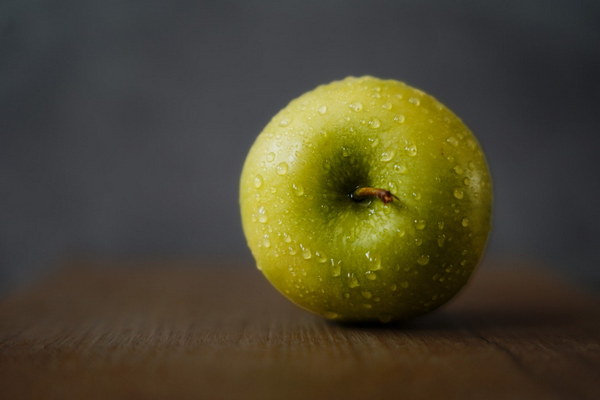Savor the Aroma Discover the Healing Benefits of Fragrant Herbal Teas
In the pursuit of health and wellness, many have turned to the age-old tradition of herbal teas. These brews, steeped in history and steeped in flavor, offer a natural way to nourish the body and soothe the soul. Among the vast array of herbal teas available, those with a tantalizing aroma stand out as particularly enchanting. Let's delve into the world of fragrant herbal teas and their remarkable healing properties.
The Essence of Fragrant Herbal Teas

Fragrant herbal teas are a delightful blend of nature's finest botanicals, chosen for their aromatic qualities and health-promoting benefits. From the subtle scent of chamomile to the invigorating aroma of peppermint, these teas not only tantalize the taste buds but also provide a host of therapeutic effects. Whether you're looking to unwind after a long day or seeking to bolster your immune system, there's a fragrant herbal tea out there for you.
Chamomile: The Calming Comforter
Chamomile tea is perhaps the most well-known of the fragrant herbal teas. Its sweet, apple-like scent is soothing to the senses and has been used for centuries to promote relaxation and improve sleep. Rich in antioxidants and anti-inflammatory properties, chamomile tea can also help alleviate symptoms of anxiety and stress, making it a perfect bedtime companion.
Peppermint: The Refreshing Reviver
For those seeking a burst of energy, peppermint tea is a refreshing choice. The minty aroma is both invigorating and cooling, making it ideal for soothing indigestion and reducing symptoms of irritable bowel syndrome (IBS). Peppermint tea is also known for its ability to improve respiratory function, making it a great option for those suffering from colds or allergies.
Lavender: The Relaxing Sedative
Lavender tea, with its aromatic floral scent, is a natural sedative that can help ease the mind and body into a state of tranquility. Known for its calming properties, lavender tea is often recommended for those dealing with insomnia or anxiety. Additionally, the tea's antibacterial and antifungal properties make it a beneficial addition to skincare routines.
Rosemary: The Memory Enhancer
Rosemary tea boasts a pungent, pine-like aroma that is both invigorating and uplifting. This fragrant herb has been traditionally used to improve memory and concentration. Rosemary is also rich in antioxidants and has anti-inflammatory properties, making it a great choice for supporting cognitive health and reducing the risk of age-related cognitive decline.
How to Enjoy Fragrant Herbal Teas
To fully savor the benefits of fragrant herbal teas, it's important to brew them correctly. Here are a few tips to ensure the best flavor and health benefits:
1. Use fresh, high-quality herbs.
2. Heat water to just below boiling (around 200°F or 93°C) to preserve the delicate aromatic oils.
3. Steep the tea for the recommended time, typically 3-5 minutes, depending on the herb.
4. Strain the tea and serve it warm or chilled, as desired.
Conclusion
Fragrant herbal teas are more than just a comforting beverage; they are a gateway to wellness. Each sip carries with it the promise of relaxation, rejuvenation, and health. So, the next time you're in the mood for something soothing or invigorating, reach for a fragrant herbal tea and let the aroma guide you on a journey to better health.









